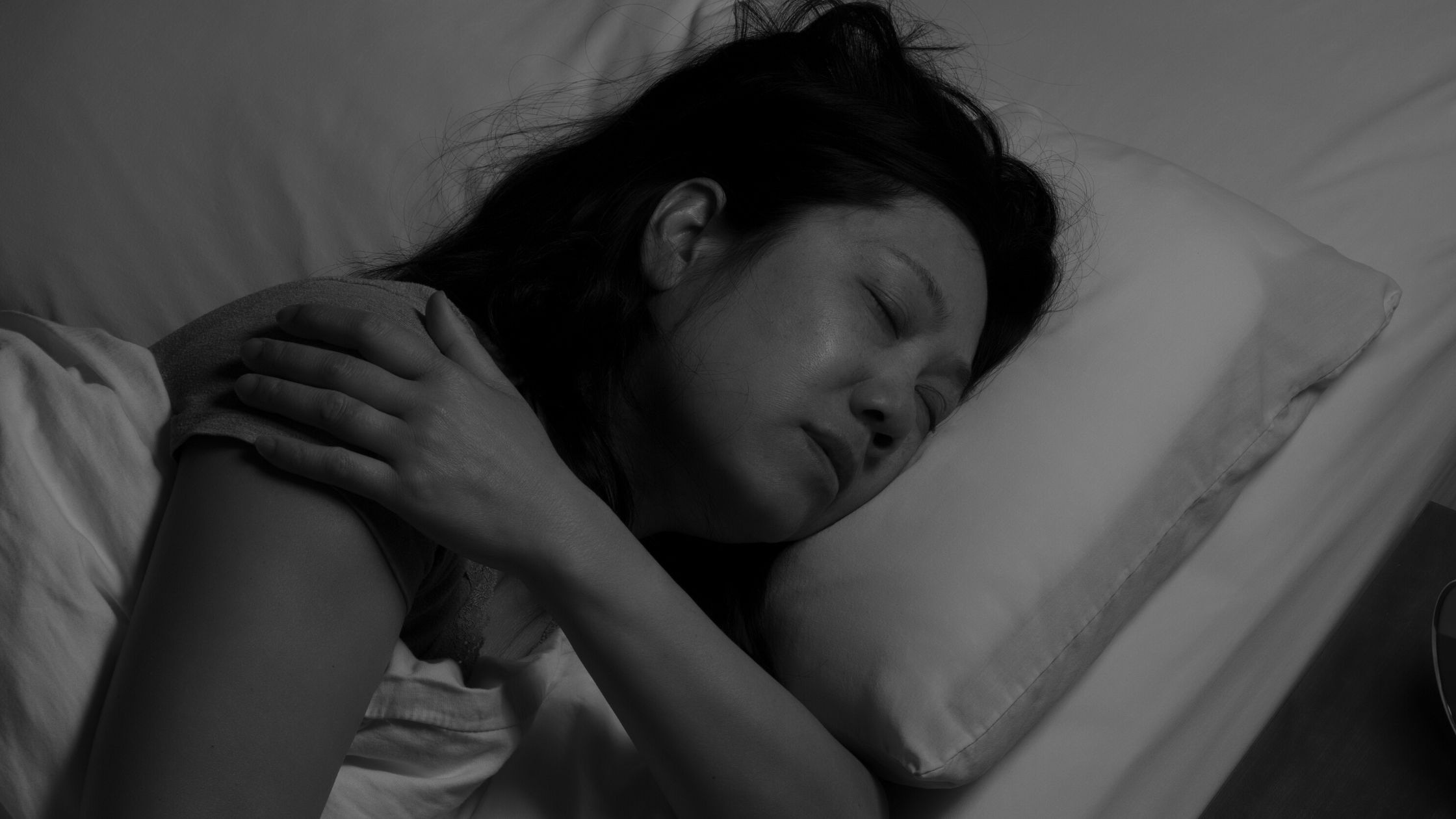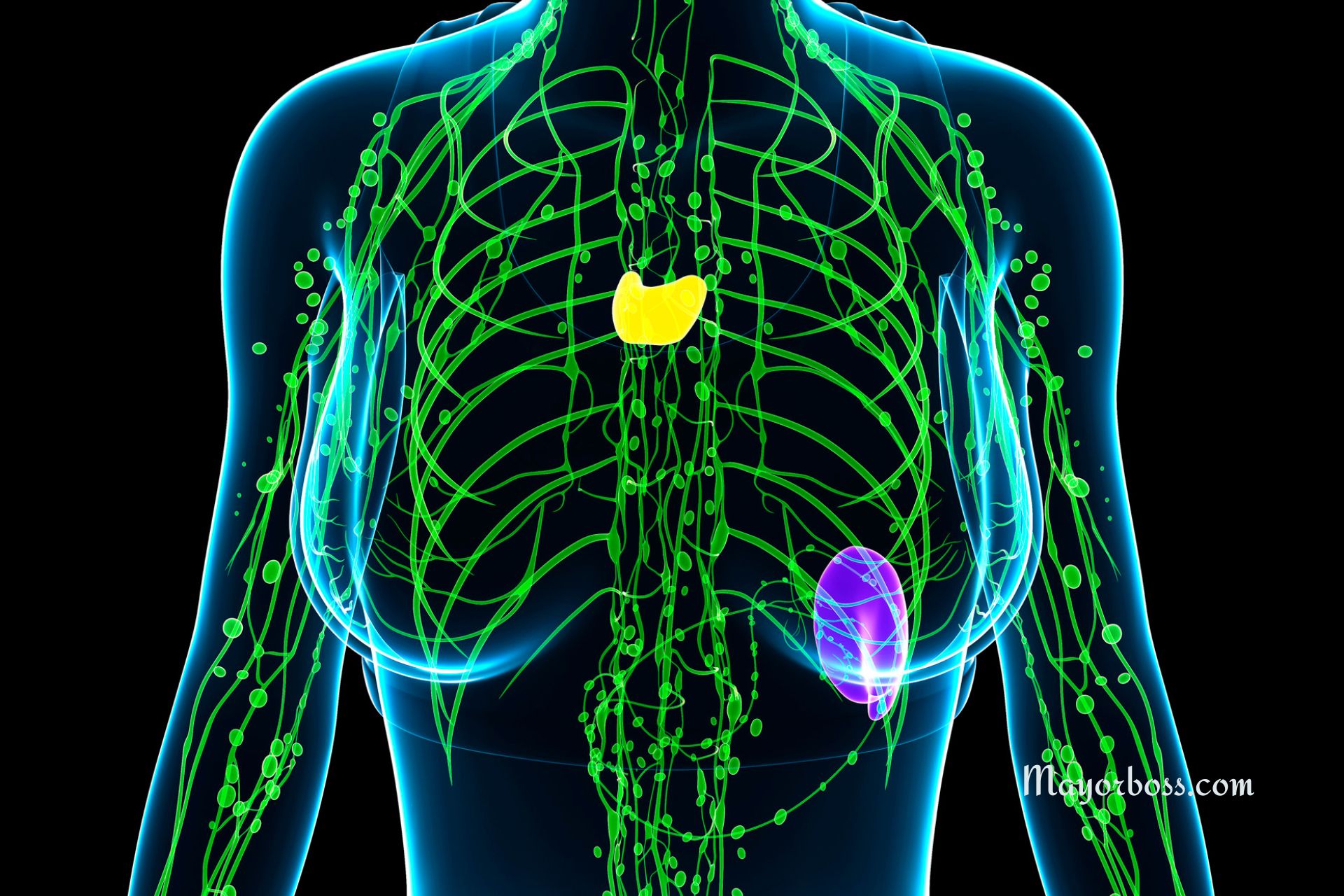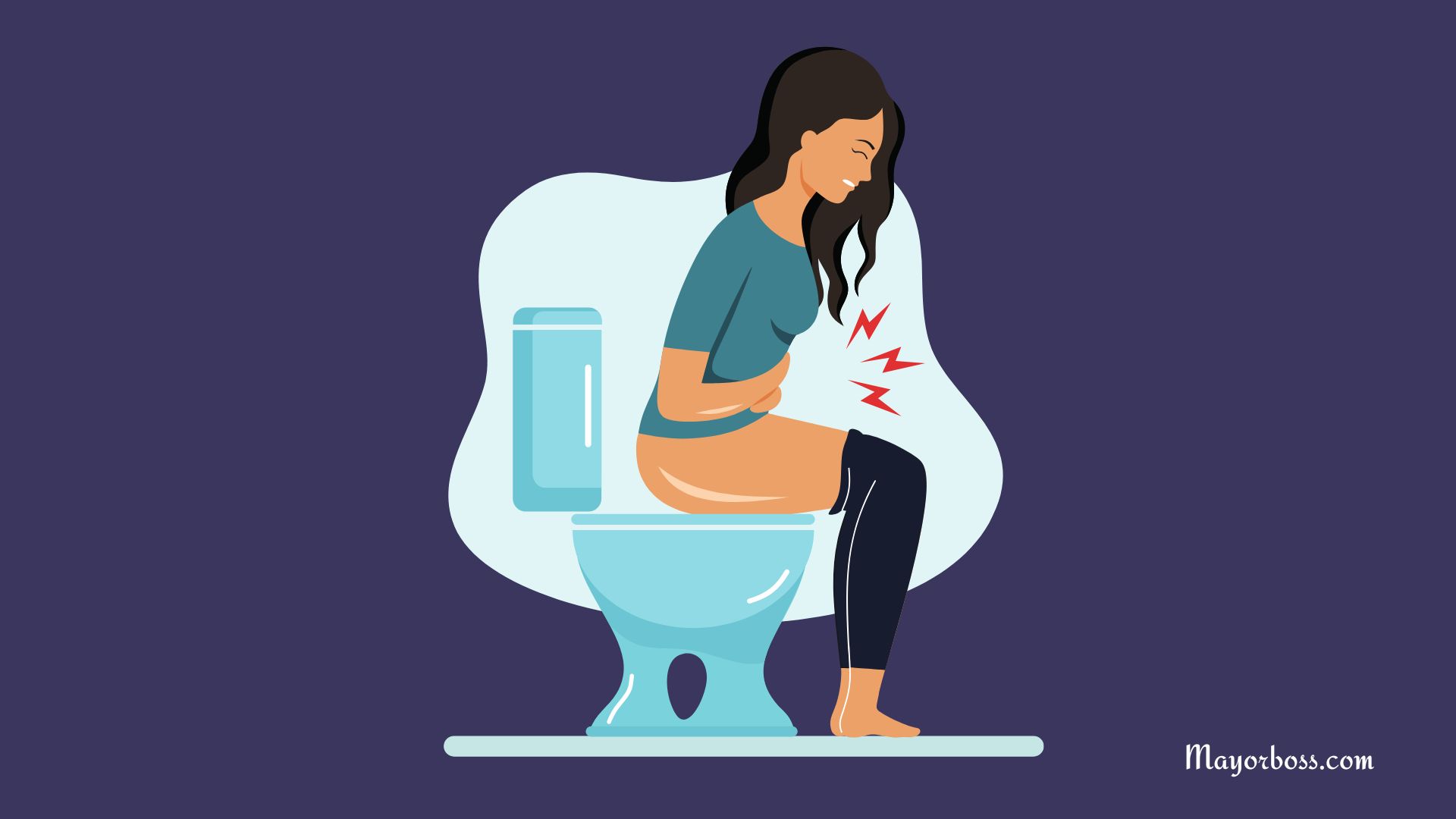10 Reasons You May Be Sweating at Night
Waking up in the middle of the night drenched in sweat is not only uncomfortable but can also be quite puzzling. If you’ve ever experienced this, you’re not alone. Night sweats can be caused by a variety of factors, some less obvious than others. So, why might you be sweating at night?

1. Your Bedroom Environment
Let’s start with the simplest explanation: Your bedroom setup might be making you sweat. A warm room, heavy blankets, or wearing too many clothes to bed can all lead to overheating. Try keeping your room cool, using lightweight bedding, and wearing breathable sleepwear to see if it helps. Consider adjusting your thermostat or using a fan to promote better air circulation.
2. Are You Dealing with Low Blood Sugar?
Typically, low blood sugar can cause sweating and shakiness as your body tries to raise your blood sugar levels. If you have diabetes or other conditions that affect your blood sugar, this might be the reason for your night sweats. Monitoring your blood sugar levels and adjusting your diet can help.
3. Stress and Anxiety
Stress and anxiety can send your body’s stress responses into overdrive, including increased sweating. If you find yourself worrying or stressing about the day’s events or what’s to come tomorrow, it might be contributing to your night sweats.
4. Certain Medications Can Cause Night Sweats
Have you ever considered that your night sweats might be linked to the medications you take? It’s a lesser-known fact that certain drugs can lead to excessive sweating during the night. For instance:
Antidepressants: A significant number of people who take antidepressants experience night sweats. This side effect can occur with both older antidepressants like tricyclics and newer ones like SSRIs (selective serotonin reuptake inhibitors). The reason behind this is not fully understood, but it is thought to be related to how these drugs affect neurotransmitters in the brain, which in turn may influence the body’s temperature regulation.
Diabetes Medications: Certain diabetes medications, especially those that increase insulin sensitivity or lower blood sugar, can lead to night sweats. Hypoglycemia, or low blood sugar levels, can trigger a sweat response as the body tries to stabilize glucose levels.
Hormone Blockers: Medications that alter hormone levels, such as tamoxifen used in breast cancer treatment or testosterone blockers used in prostate cancer, can disrupt normal temperature regulation and result in sweating episodes during the night.
Pain Relievers and Opioids: Opioids and other pain relievers can cause night sweats as a side effect. This is particularly notable with long-term use or high doses, as these medications can interfere with the body’s natural thermoregulatory processes.
Consult Your Doctor: If you notice that your night sweats coincide with starting a new medication, it’s best to discuss this with your healthcare provider. Sometimes, the benefits of the medication outweigh the discomfort of night sweats, but in other cases, there might be alternative treatments that don’t cause this side effect.
5. You Might Be Experiencing Menopause or Hormonal Changes
One of the most common reasons for night sweats in women is menopause. During menopause, the actual levels of estrogen and other hormones can fluctuate widely, leading to a variety of symptoms, including hot flashes and night sweats. These hormonal changes affect the hypothalamus, the part of the brain that regulates body temperature. When estrogen levels drop, it can mistakenly trigger the body’s heat response, leading to excessive sweating as the body tries to cool itself down.
Other Hormonal Issues That Cause Night Sweats
Thyroid Disorders: Ailments of the thyroid gland, such as hyperthyroidism, where the gland is overactive, can also lead to night sweats. The thyroid hormone plays a tremendous role in regulating metabolism and body temperature. An excess of thyroid hormone can accelerate the body’s metabolism, leading to overheating and, consequently, night sweats.
Adrenal Gland Disorders: Conditions affecting the adrenal glands, such as pheochromocytoma—a rare tumor of the adrenal gland tissue—or adrenal insufficiency, can also cause hormonal imbalances leading to night sweats. These conditions affect the production of several hormones, including cortisol and adrenaline, which can influence body temperature regulation.
Pituitary Gland Disorders: The pituitary gland regulates the function of most other endocrine glands, and thus, its disorders can broadly impact hormone production, leading to symptoms like night sweats. For example, a pituitary tumor might alter the levels of hormones responsible for temperature regulation.
6. You Could Be Fighting an Infection
Certain infections, particularly those that come with a fever, can lead to night sweats. Tuberculosis, for instance, is famously associated with severe night sweats. Bacterial infections like endocarditis (inflammation of the heart valves) or osteomyelitis (inflammation within the bones) can also cause sweating at night.
Infections Such as COVID-19: In recent years, it’s become clear that viral infections, including COVID-19, can also be a significant cause of night sweats. The infection can trigger a fever and an inflammatory response throughout the body, both of which can lead to increased sweating as the body attempts to fight off the virus. People with COVID-19 might experience night sweats even in the absence of a significant fever, possibly due to the body’s immune response.
7. Sleep Disorders
Sleep disorders, including sleep apnea, can cause significant sweating at night. Sleep apnea often involves repeated breathing interruptions throughout the night, which can increase stress and trigger the sweat glands.
8. You May Have a Condition Called Hyperhidrosis
Hyperhidrosis—when your body sweats excessively without a clear reason—might also be to blame. This condition causes you to sweat heavily even under normal circumstances and can be particularly noticeable at night.
9. Gastroesophageal Reflux Disease (GERD)
Though it might sound surprising, conditions like gastroesophageal reflux disease (GERD) can cause night sweats. As your body deals with the discomfort and acid buildup, it may respond by sweating.
10. Lifestyle and Diet
Your lifestyle choices, including diet, can influence your body’s temperature regulation. Spicy foods, caffeine, and alcohol consumed close to bedtime can all trigger your body to sweat more during sleep.
Frequently Asked Questions
1. When should I be worried about night sweats?
If night sweats are frequent, persistent, and accompanied by other symptoms like unexplained weight loss or fever, it’s a good idea to consult your doctor. They can help determine if there’s an underlying condition that needs attention.
2. Can improving my sleep hygiene help with night sweats?
Absolutely! Maintaining a cool, comfortable sleep environment and sticking to a regular bedtime can help manage night sweats. Avoiding stimulants like caffeine and electronics before bed can also improve your sleep quality and reduce sweating.
3. Are there any quick fixes for night sweats?
While underlying causes are being explored, focus on wearing breathable clothing to bed, using a fan, and keeping a cold glass of water by your bedside. These can provide immediate, albeit temporary, relief.






